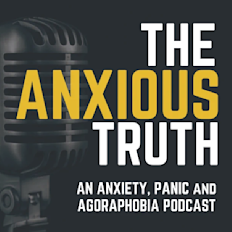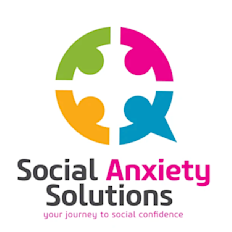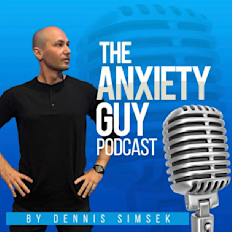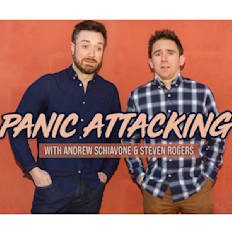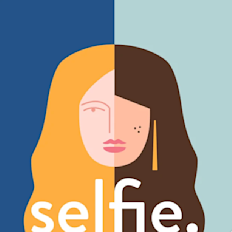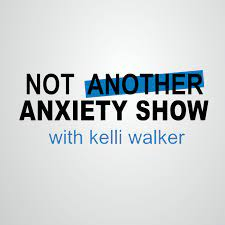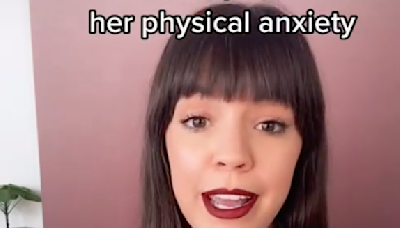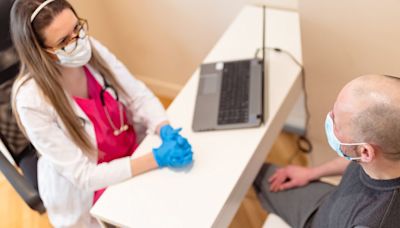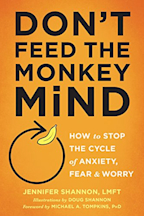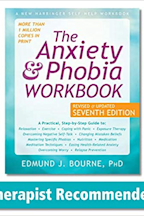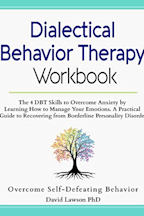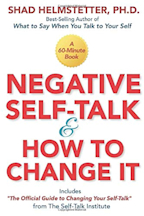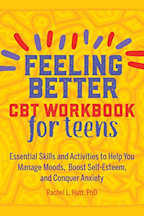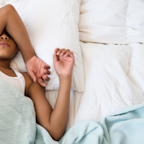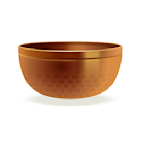Search results
Find the right therapist for you.
Powered by

You will be redirected to a third party site for results, which are provided for informational purposes only. Yahoo does not retain any information submitted via this form, and does not endorse or recommend any particular services or therapists.
- Text HOME to 741741 to reach a trained Crisis Counselor through Crisis Text Line, a global not-for-profit organization. Free, 24/7, confidential.
What is Anxiety?
Managing Anxiety
Celebrities Talk About Anxiety
Anxiety and COVID-19
May 4, 2018 · Anxiety disorder due to a medical condition includes symptoms of intense anxiety or panic that are directly caused by a physical health problem. Generalized anxiety disorder includes persistent and excessive anxiety and worry about activities or events — even ordinary, routine issues.
There are several types of anxiety disorders, including generalized anxiety disorder, panic disorder, social anxiety disorder, and various phobia-related disorders.
Dec 17, 2020 · An anxiety disorder is a type of mental health condition. Anxiety disorders interfere with your ability to function. Treatments include medications and psychotherapy.
Sep 27, 2023 · Anxiety disorders are the world’s most common mental disorders, affecting 301 million people in 2019. More women are affected by anxiety disorders than men. Symptoms of anxiety often have onset during childhood or adolescence. There are highly effective treatments for anxiety disorders.
Anxiety disorders differ from normal feelings of nervousness or anxiousness and involve excessive fear or anxiety. Anxiety disorders are the most common of mental disorders. They affect nearly 30% of adults at some point in their lives.
May 6, 2024 · There are several types of anxiety disorders, including general anxiety disorder, phobias, agoraphobia, social anxiety disorder, separation anxiety, panic disorder, and selective mutism.
May 4, 2018 · Anxiety disorders often occur along with other mental health problems — such as depression or substance misuse — which can make diagnosis more challenging. Compare your symptoms to the criteria in the DSM-5.
